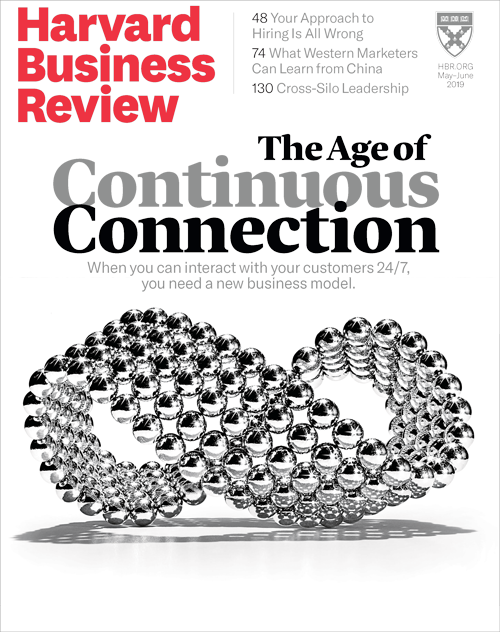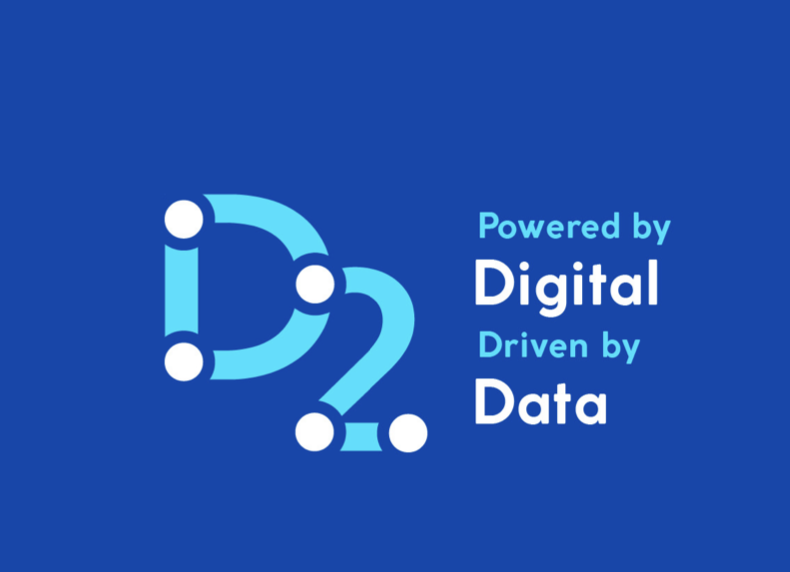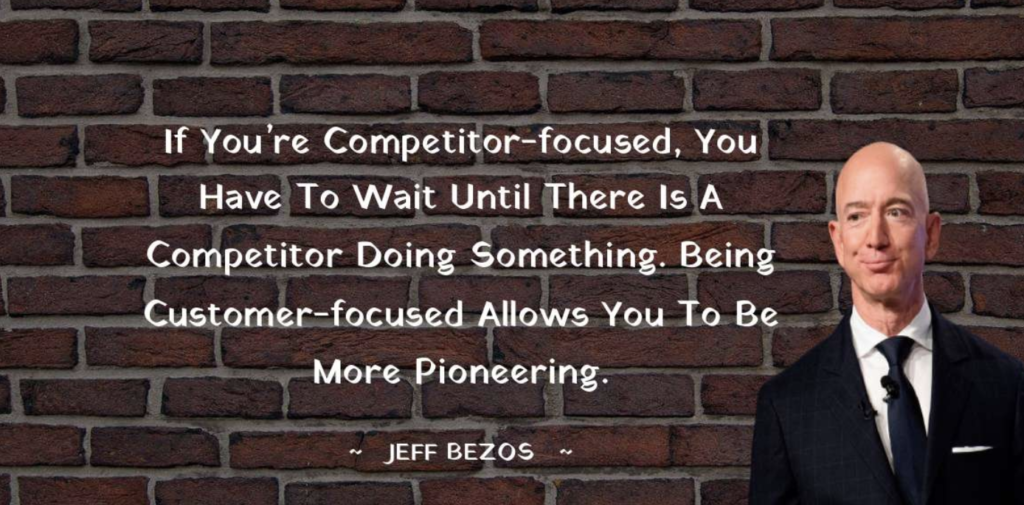
“Customer Experience,” abbreviated “CX,” refers to all the perceptions and emotions that customers experience when they interact with your company’s products and services. It could range from buying high-end, high-involvement products like televisions and air conditioners to a simple grocery store or a food stall.
Now recollect any such experience that may have happened to you. When friends or colleagues ask, there are very high chances that you will recommend a company or brand that provided you with the best experience. The experience with the least hassles and a higher number of perks is always imprinted subconsciously in your head. You will also notice that you may unintentionally badmouth the company that probably drove you up the wall.
What companies tend to ignore is that customers do not operate in siloes. Customers are also humans which makes them social animals. One of the characteristics of social animals is that they interact with friends, neighbors, and colleagues. Think about your conversations with your friends, you will notice that most of them are point-to-point narrations of experiences that you had. This is exactly what companies with supreme customer experience have cracked. They understood this basic human nature and have utilized it to their maximum potential.
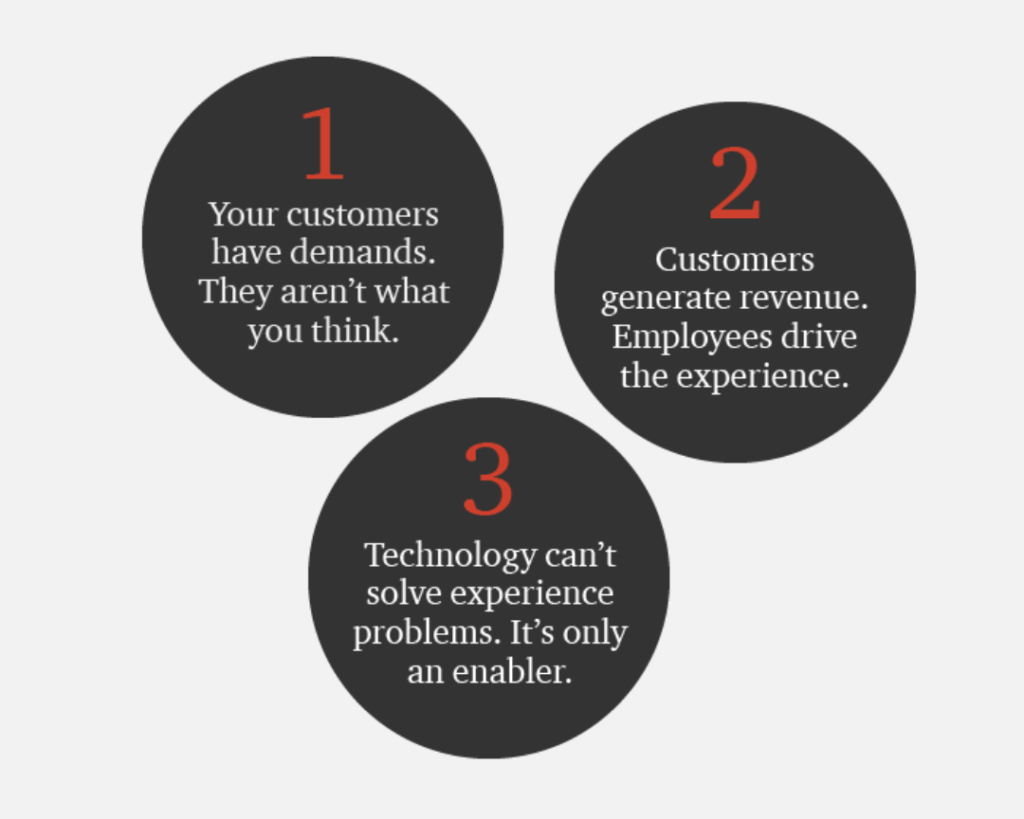
These companies have also understood that Cx is not just about sales. There is no doubt about its effects on sales, but we can’t really say it is all about sales. For example, you may not be a customer of some companies, but you may still have knowledge about it. You may hear some friend narrating to you about this product and his excellent experience with it. This may result in 2 things: First, you may get influenced by your friend and become a customer of that company or you may recommend it to another friend who needs that product. Either way from a business perspective, the cost of acquiring new customers has gone down significantly for that company. All the company had to do is to keep providing a good customer experience.
Customer experience is a lot about personalizing a product or service for each individual customer. You could think of it as personal selling. Although personal selling requires higher cost, it provides higher control on the process of Customer Experience. It allows a sales representative to explain a product and personalize the message to the customer.
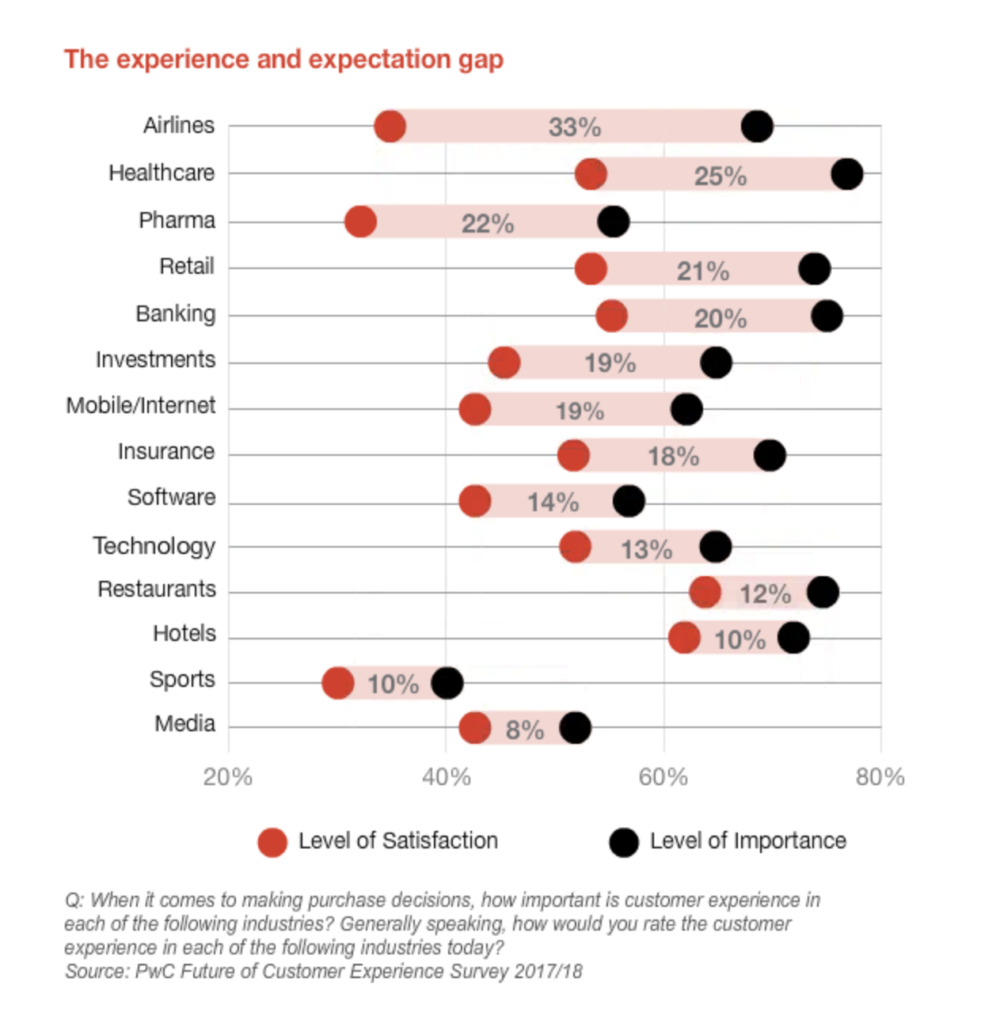
This is evidently useful for the Pharmaceutical Industry as it exhaustively uses personal selling through its large sales forces. This perk of personalizing the message according to each customer is of great importance as it can make customers feel special. It also helps to identify the pain points of each customer and handle them accordingly.
According to the Harvard Business Review, mass customization is the key to keeping your customers forever. For this to happen you need to develop a learning relationship with your customers. It is also important to note that great Cx is an outcome of a company’s ability to develop highly interactive learning relationships and not a one-way detailing of the product.
This makes data and feedback critical to developing learning relationships. The pharmaceutical industry is in its infancy to recognize the value of data and feedback. To bombard customers with product messages and push them for sales is not exactly the definition of a learning relationship. Note that a good learning relationship translates to good Cx. Today learning relationships do not need a personal touch. The recent advancements in the digital arena and cheap access to global knowledge make learning relationships, and mass customization more and more cost-effective. This makes personal selling and mass customization much cheaper than before.
The Pharmaceutical Industry is sitting on a pile of data and feedback from its customers through various touchpoints and sources. This data is invaluable to develop learning relationships. Developing and translating this learning relationship into an exemplary customer experience is the next step now for the pharmaceutical industry.
SBM NMIMS ’23 MBA Pharmaceutical Management Certificate Course in Drug Regulatory Affairs ISCR certified course in Pharmacovigilance

